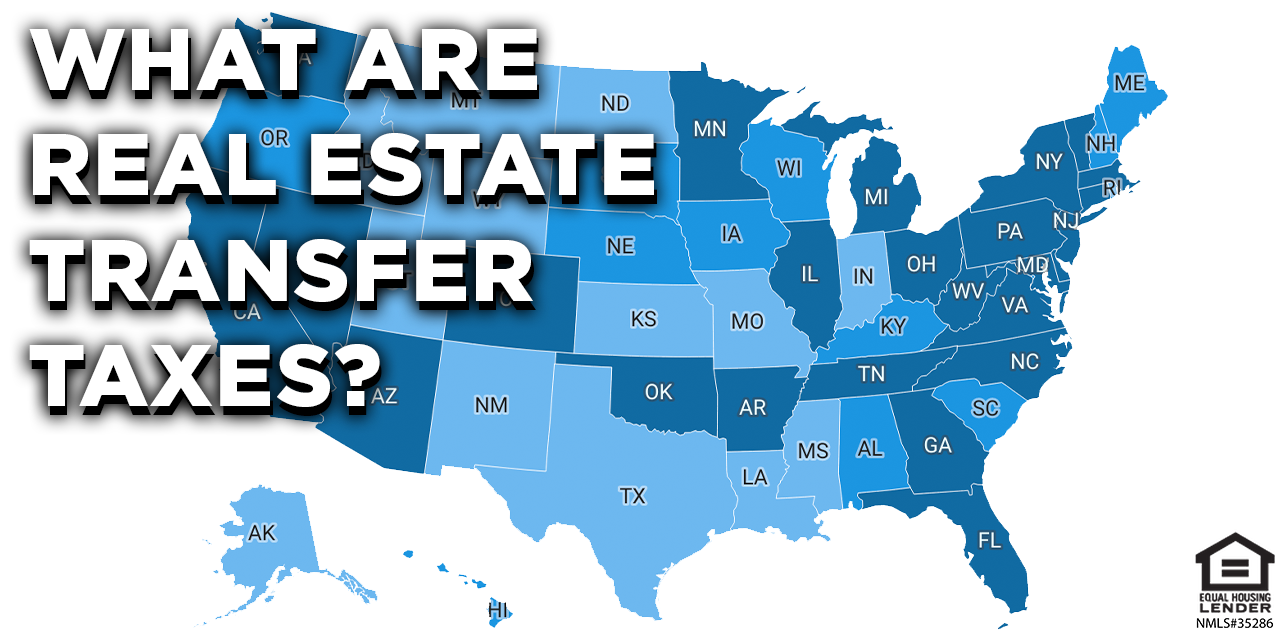
Real Estate Transfer Taxes: What to Consider When Selling Your Home

When it comes to selling a home, many homeowners are not aware of their state’s transfer tax, especially because the rules of real estate transfer taxes vary widely by location. In many areas, the seller is responsible for payment, while in others, the buyer pays. And in some states, transfer taxes aren’t levied at all.
Make sure you aren’t short on funds for your next home. When estimating the net proceeds from your sale, it’s important to include any applicable transfer taxes in your calculations.
What Are Real Estate Transfer Taxes?
A real estate transfer tax is a tax levied by the government for the act of changing the ownership or title of real estate.
Also referred to as a conveyance tax and realty transfer tax, tax amounts are widely varied and location specific, since there are no federal guidelines on real estate transfer taxes.
In many areas, the seller is responsible for payment, while in others, the buyer pays. And in some states, transfer taxes aren’t levied at all.
Sixteen states and the District of Columbia have either an estate tax or an inheritance tax, and one state, Maryland, has both.
It’s important to note that an estate tax is levied against the assets of the deceased, while an inheritance tax is owed by the recipient of the assets.
How Much Are Transfer Taxes?
The cost of real estate transfer taxes are typically based on the sale price of the property being transferred, and the rate differs from state to state.
The range can vary quite widely. For example, a $500,000 home sale might incur just $50 in transfer taxes in Colorado, where the rate is one cent for every $100 in value. But in Florida, where the rate in most of the state is 70 cents per $100, the same sale would run $3,500.
Real estate transfer taxes are typically considered part of your closing costs in a home sale, as they’re usually due at the closing.
Where Do the Payments Go?
Real estate transfer taxes go to the government, but which government entity gets the money and how much they get varies by location.
For example, in New Jersey, the state and the counties may share the proceeds of the 1% tax, whereas in Pittsburgh, the municipality may get 3%, the school district gets 1% and the state gets 1%.
Governments can put the money towards a variety of initiatives, such as conservation or open space protection, low-income and affordable housing programs, public transit, bridges, sidewalks, parks, and schools.
Closing Thoughts
Real estate transfer taxes play a significant role in the real estate transaction process, potentially influencing both buyers and sellers. Understanding these taxes can help you better navigate the financial landscape of property transfers and avoid unexpected costs. Check with your attorney or title company to determine the exact amount for your next sale.